Civil Aviation Symposium 2023
-Achieving Aviation Sustainability: Challenges and Necessary Cooperation-
- Symposium etc.
- Aviation and Airport
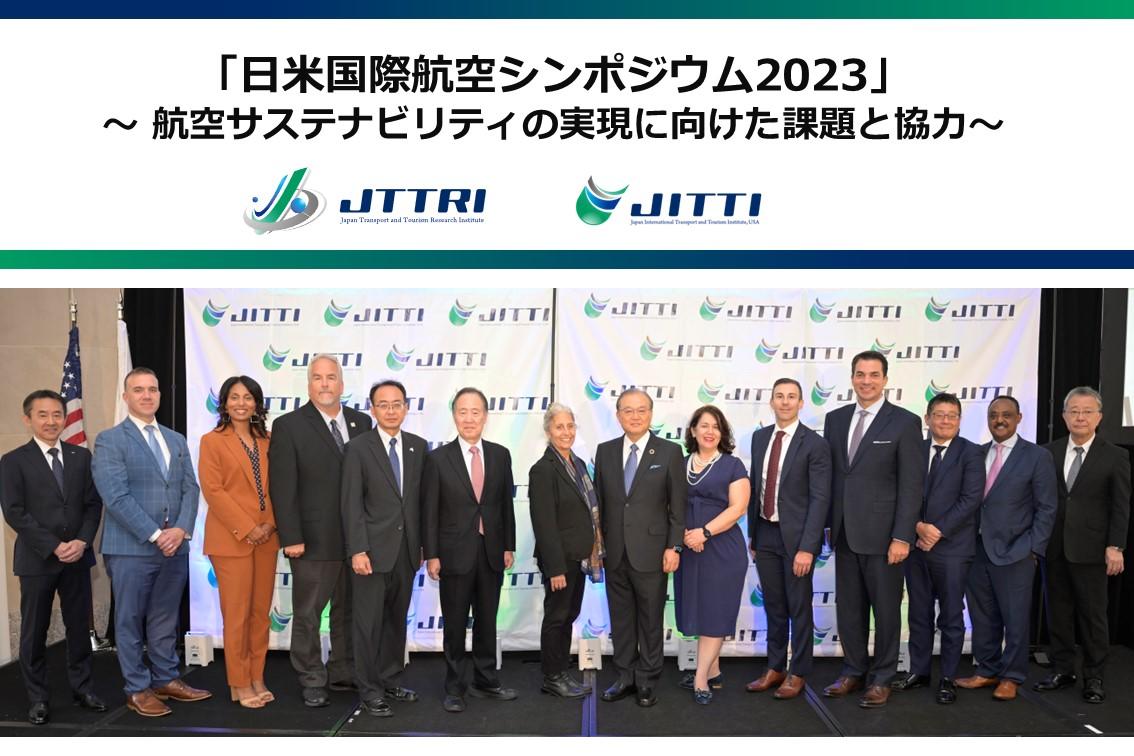

| Date / Time | Fri, Oct 06,2023 |
|---|---|
| Venue | Ronald Reagan Building and International Trade Center/ Virtually hosted in English and Japanese |
| Theme | 1.Opening Remarks Masafumi Shukuri Chairman, Japan International Transport and Tourism Institute, USA (JITTI) Chairman, Japan Transport and Tourism Research Institute (JTTRI) 2.Greetings by Guest of Honor:Koji Tomita Ambassador of Japan to the United States 3.Keynote Speeches Carol A. (Annie) Petsonk Assistant Secretary, Aviation and International Affairs, U.S. Department of Transportation Toshiyuki Onuma Deputy Director General, JCAB, Ministry of Land Infrastructure, Transport and Tourism of Japan Heidi Gomez Deputy Assistant Secretary for Transportation Affairs, U.S. Department of State Jeff Marootian Senior Advisor for Energy Efficiency and Renewable Energy, Office of the Secretary, U.S. Department of Energy 4.Panel Discussion #1: Airline Initiatives to Reach Carbon Neutral Goals by 2050 Moderator: Steve Csonka Executive Director, Commercial Aviation Alternative Fuels Initiative Panelists: Cherie Wilson Vice President, Government Affairs- Sustainability, Delta Air Lines Tom Michels Director, Government Affairs, United Airlines Tadashi Matsushita Executive Vice President, ANA Group Corporate Strategy – Airline Management, and Okinawa Region, ANA Holdings, Inc Makoto Maezawa Senior Vice President, The Americas, Japan Airlines 5.Panel Discussion #2: Expanding and Securing Sustainable Aviation Fuel Moderator: Steve Csonska Executive Director, Commercial Aviation Alternative Fuels Initiative Panelists: Jimmy Samartzis Chief Executive Officer and Board Director, LanzaJet Saburo Takeuchi General Manager -Policy Research & Government Relations, Next Generation Energy Business Group, Mitsubishi Corporation Binyam (Ben) Reja, Ph.D. Global Practice Manager, Transport Practice, Infrastructure Vice Presidency, World Bank Carol A. (Annie) Petsonk Assistant Secretary, Aviation and International Affairs, U.S. Department of Transportation Toshiyuki Onuma Deputy Director General, JCAB, Ministry of Land Infrastructure, Transport and Tourism of Japan Jeff Marootian Senior Advisor for Energy Efficiency and Renewable Energy, Office of the Secretary, U.S. Department of Energy |
Event Summary
Due to the pandemic, multi-layered and extensive people-to-people exchanges between Japan and the United States have been severely restricted. During this time, international circumstances changed rapidly, including the military invasion of Ukraine by Russia and the expansion of China's hegemonic movements. In light of this, our research institute held the 1st JTTRI-JITTI USA Global Seminar “A Rapidly Changing Post Pandemic World Order and the New Japan-U.S. Relationship Hereafter” last December, virtually connecting Japan and the U.S., and invited leading figures in Japan-U.S. diplomacy and security to discuss the need for further evolution and development of Japan-U.S. relations in the future. Furthermore, as a continuation of the Global Seminar, JITTI USA presented the “U.S.-Japan International Exchange and Tourism Symposium 2023” face-to-face in Washington, D.C. in March, and hosted a discussion reconsidering the significance of, and how to rebuild and strengthen, U.S.-Japan people-to-people exchanges. On the other hand, circumstances have changed drastically from before and after the coronavirus pandemic for air transportation, which can be said to be the bedrock of international exchange. Furthermore, current circumstances of air transportation between Japan and the United States do not allow for discussions purely on the premise of growth, as was done in the past, but rather the greatest matter is how to realize sustainable aviation even in the midst of increasing situational uncertainty in aviation.
Considering the importance of air transport between Japan and the United States, particularly as there is great economic security in the North America and Asia connections via Japan, this symposium will focus on these two nations’ responses to climate change, which is the most urgent and important issue to aviation professionals around the globe today. There will also be discussion on the strategies and measures needed to realize aviation sustainability, as well as what kind of role public and private stakeholders in both Japan and the United States will play to accurately communicate the significance and challenges of responding to climate change issues to the world.
Main related SDGs

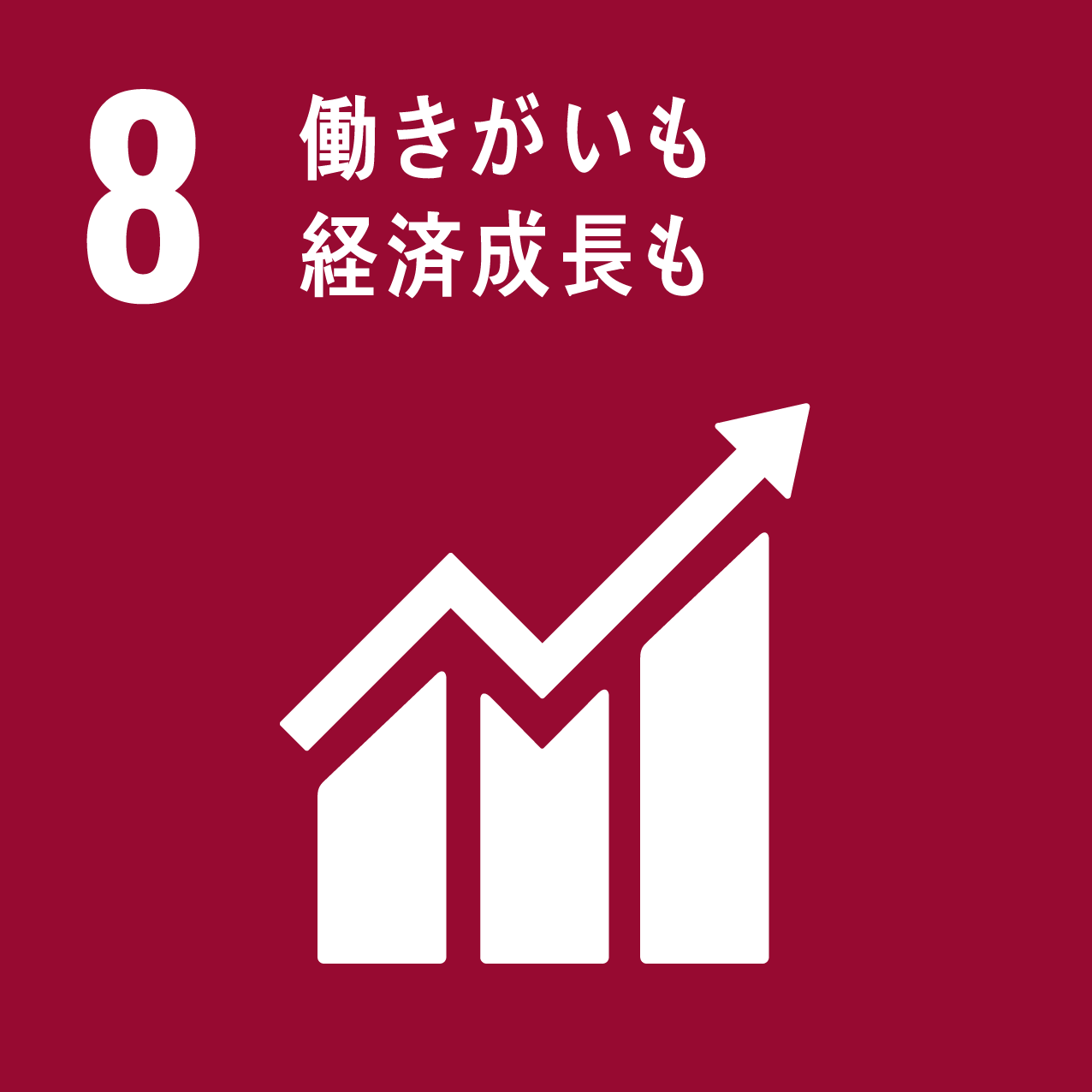
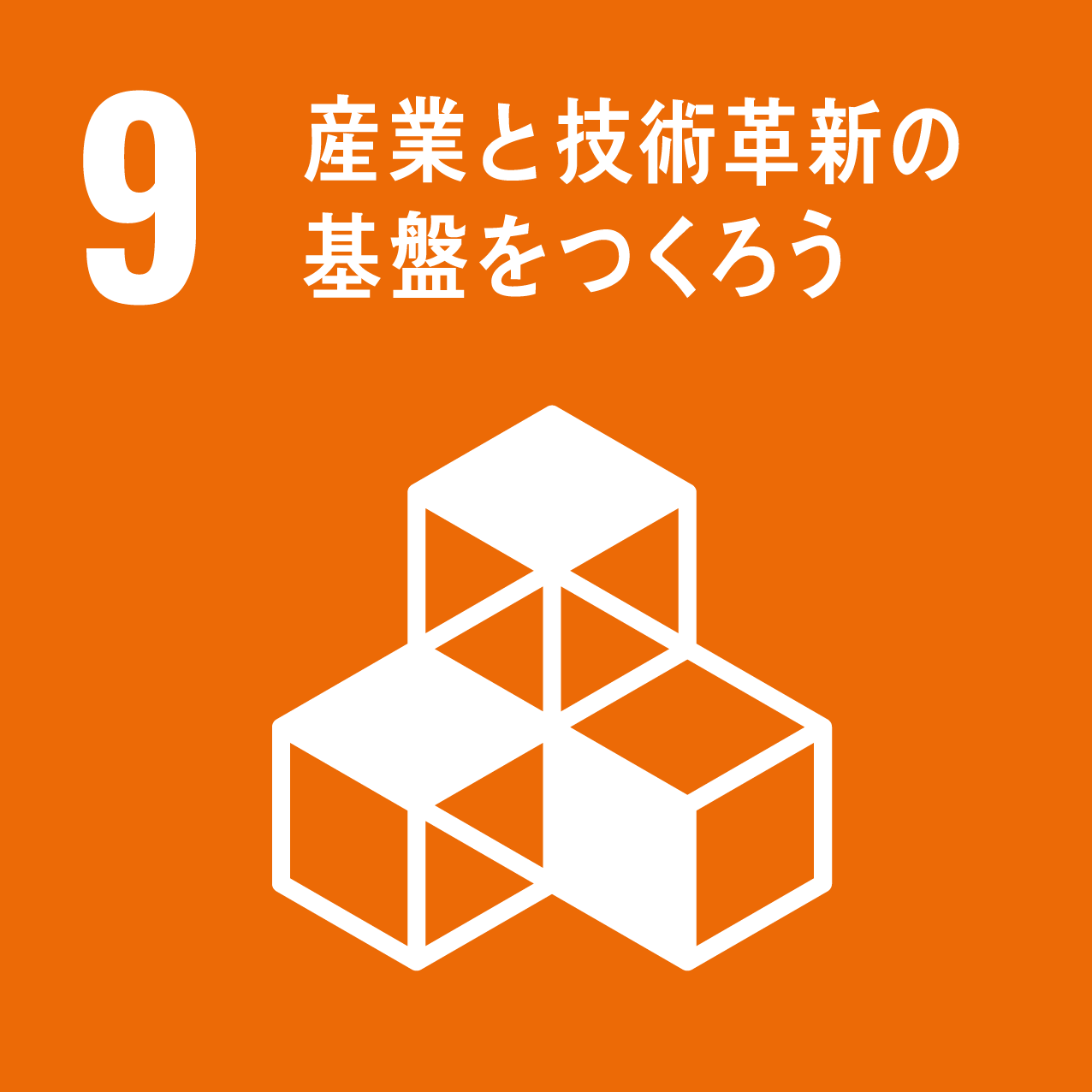

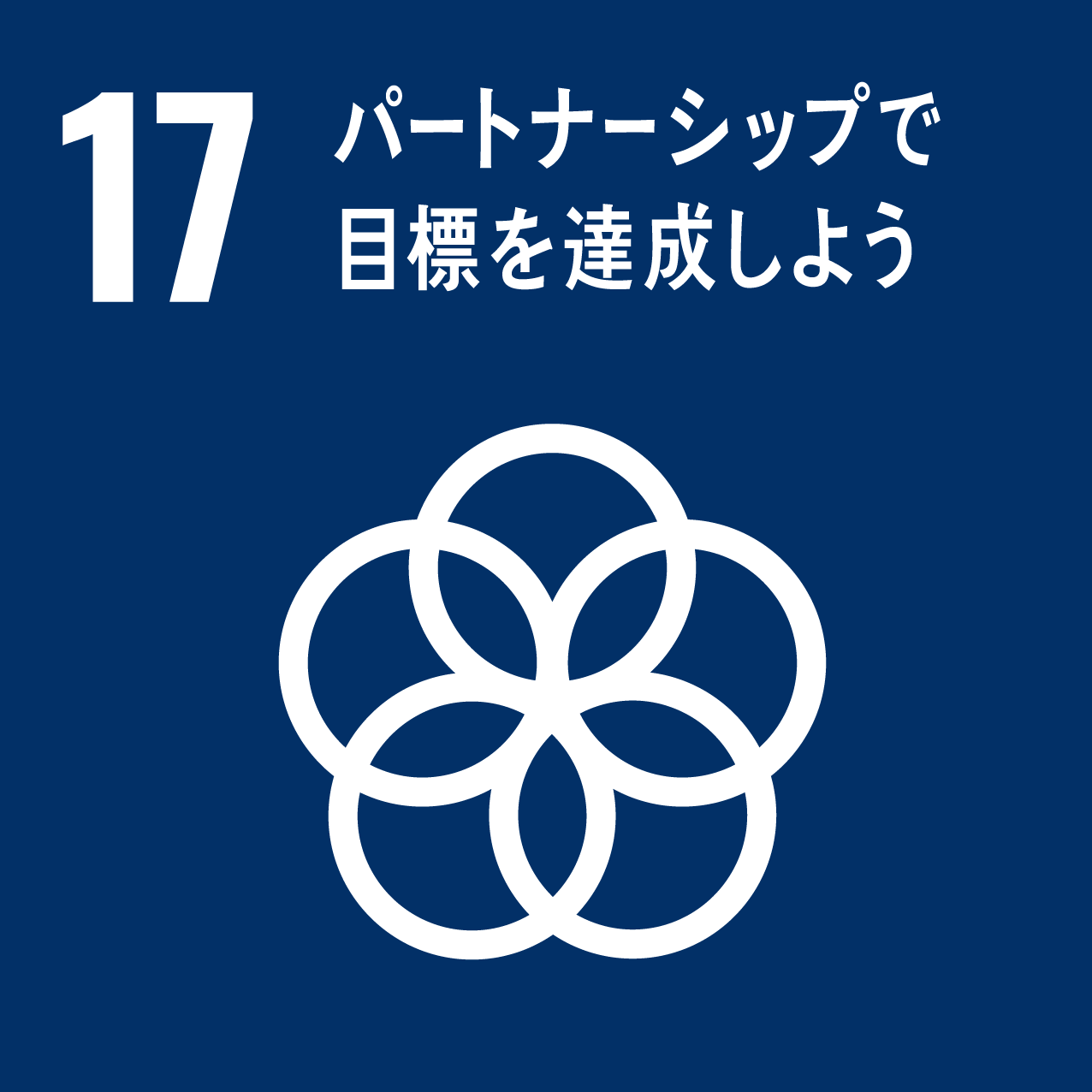
Program of the seminar is as the following
| Opening Remarks |
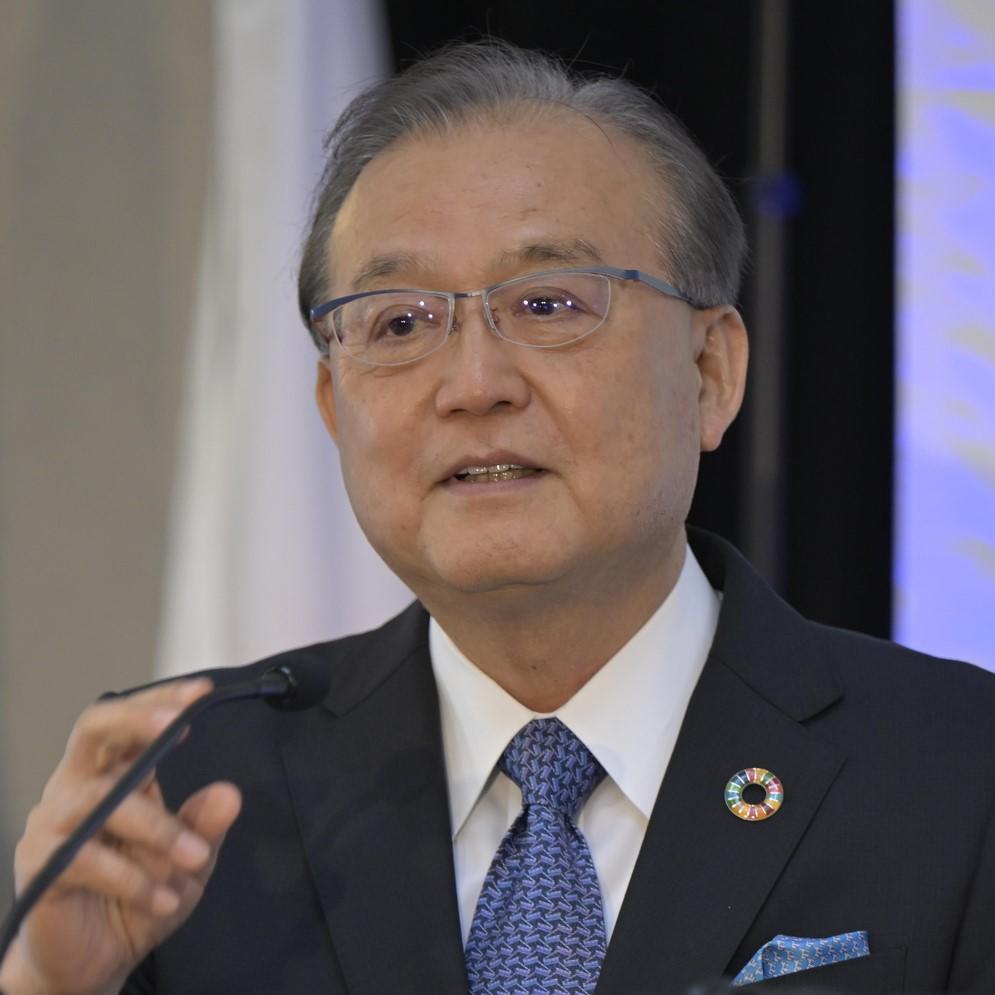
Masafumi Shukuri |
|---|---|
| Greetings by Guest of Honor |
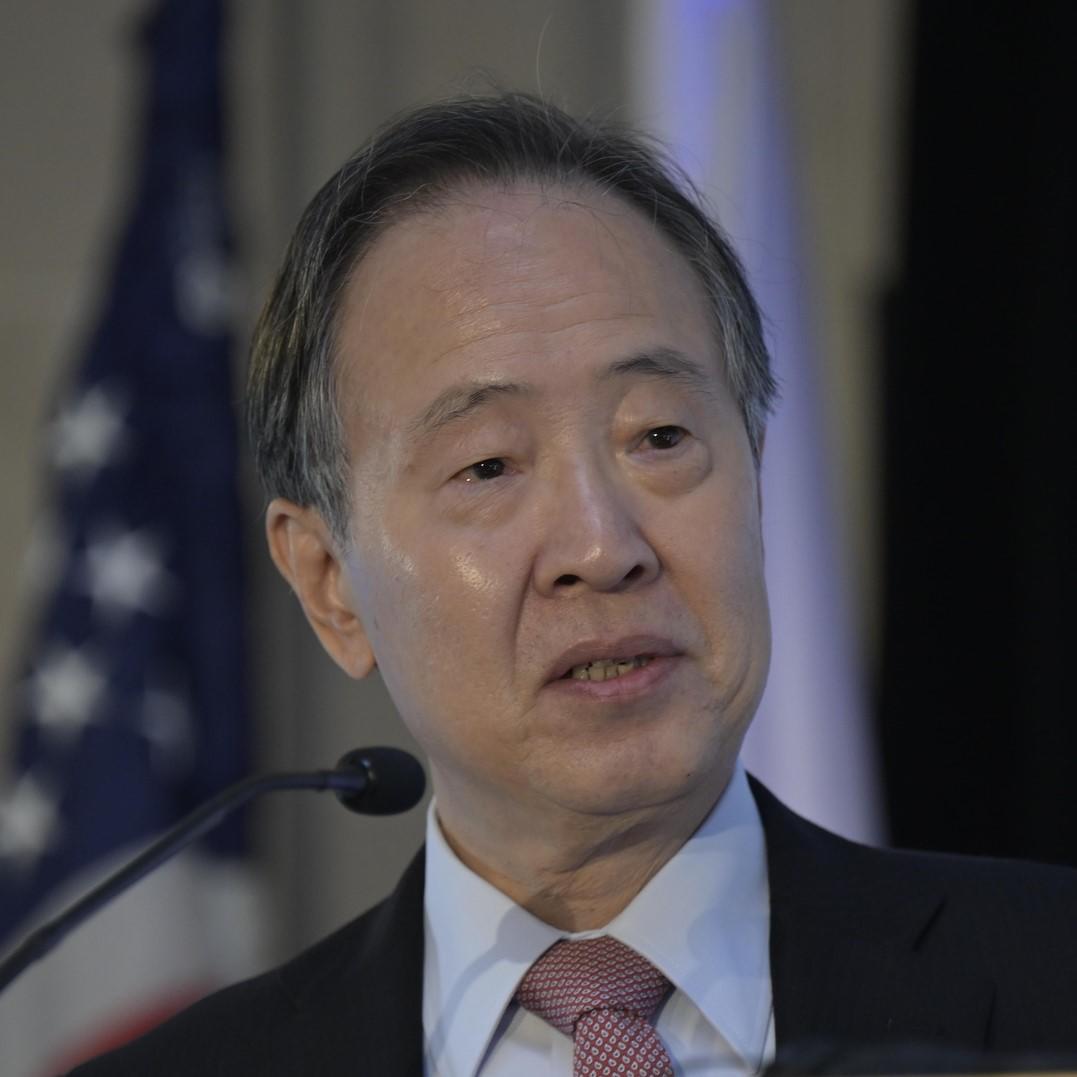
Koji Tomita |
| Keynote Speeches |
Carol A. (Annie) Petsonk |
| Keynote Speeches | |
| Keynote Speeches |
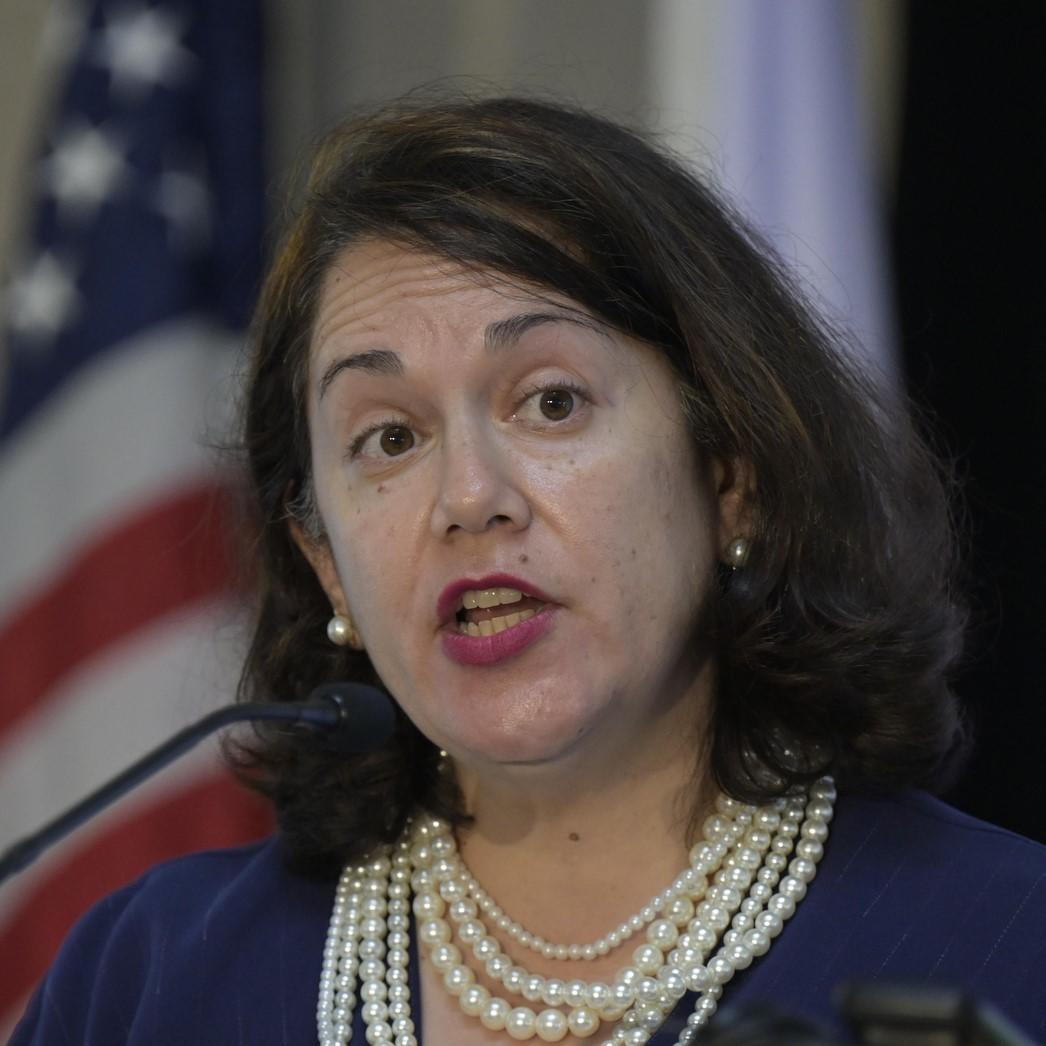
Heidi Gomez |
| Keynote Speeches |
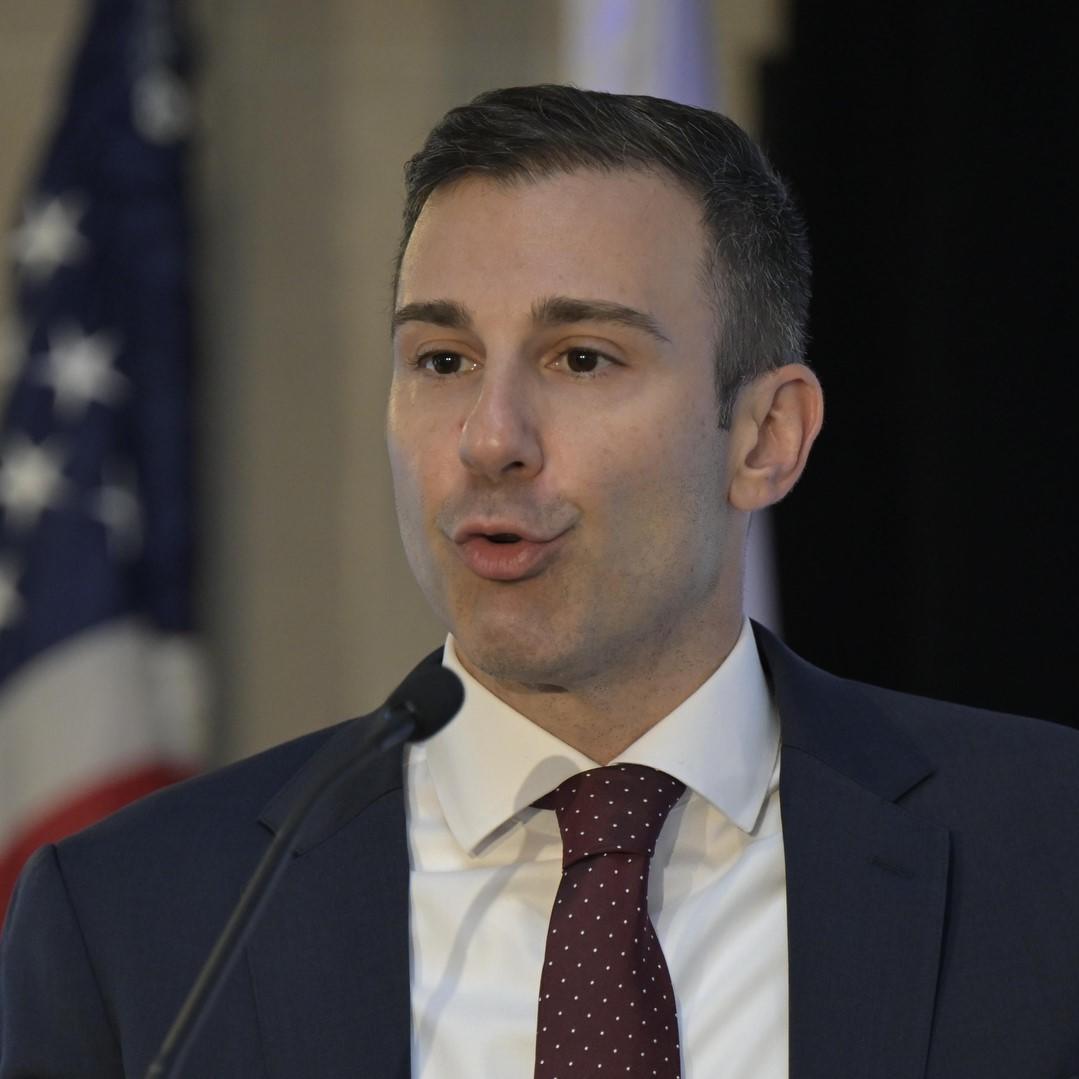
Jeff Marootian |
|
Panel Discussion #1 |
|
| Panelists | |
| Panelists | |
| Panelists | |
| Panelists | |
| Moderator |
Steve Csonka |
|
Panel Discussion #2 |
|
| Panelists | |
| Panelists | |
| Panelists | |
| Panelists |
Carol A. (Annie) Petsonk |
| Panelists |
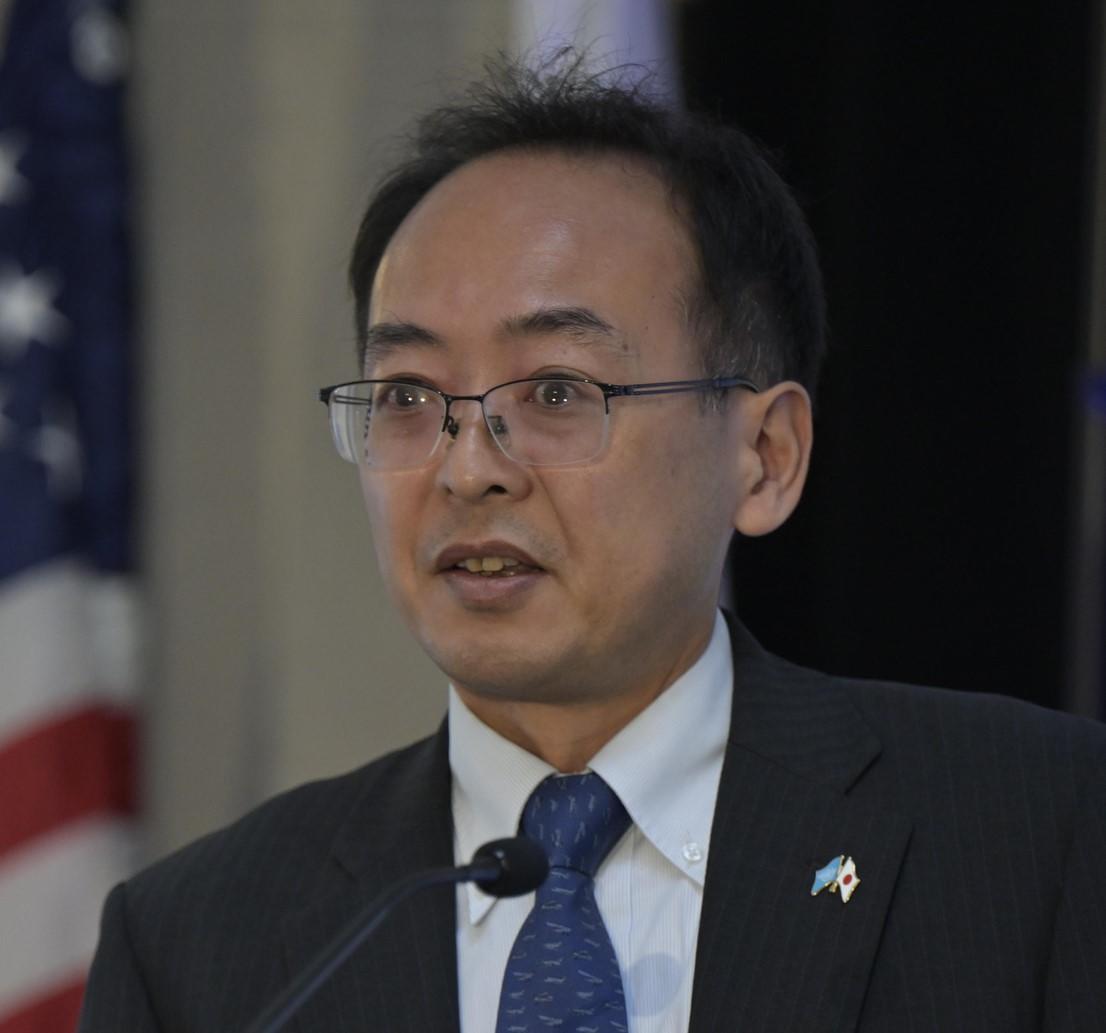
Toshiyuki Onuma (Keynote Speeches) |
| Panelists |

Jeff Marootian (Keynote Speeches) |
| Moderator |
Steve Csonka (Keynote Speeches) |
Outline of the seminar
Following Opening Remarks by Mr. Masafumi Shukuri, Chairman of the Japan Transportation and Tourism Research Institute, the Honorable Koji Tomita, Ambassador of Japan to the United States, gave his Guest Address. Keynote Speeches were then given by Ms. Annie Petsonk, Assistant Secretary, Aviation and International Affairs, U.S. Department of Transportation; Mr. Toshiyuki Onuma, Senior Deputy Director General, JCAB, Ministry of Land Infrastructure, Transport and Tourism of Japan; Ms. Heidi Gomez, Acting Principal Deputy Assistant Secretary for Economic and Business Affairs, U.S. Department of State; and Mr. Jeff Marootian, Principal Deputy Assistant Secretary, Office of Energy Efficiency and Renewable Energy, US Department of Energy. Their presentations covered the status quo and future prospects of climate change countermeasures and decarbonization in the aviation sector in the U.S. and Japan.1.Guest Address Koji TOMITA, Ambassador of Japan to the United States
・This year marks the 70th anniversary of the conclusion of the U.S.-Japan Aviation Agreement. Since the agreement took effect, air routes between the U.S. and Japan have been progressively expanded, and we believe that the expansion of exchanges during this period is a testament to the deepening cooperation between the U.S. and Japan. Bilateral exchanges have laid an important foundation for the current strong U.S.-Japan relationship.
・We have decided to further strengthen tourism between the US and Japan and have designated 2024 as the "U.S.-Japan Year of Tourism”.
・Uncertainty and geopolitical tensions are further heightened by the outbreak of an unprecedented pandemic and Russia's invasion of Ukraine, which has shaken fundamentals of the international order. Under these circumstances, we believe that connectivity in the aviation sector is extremely important.
・In the international aviation sector, ICAO just last year set a long-term decarbonization goal of achieving carbon neutrality by 2050, and we believe that both the US and Japan need to lead the global effort to achieve this goal. Therefore, it is very timely to hold this symposium.
2.Keynote speeches
(1)Annie Petsonk, Assistant Secretary, Aviation and International Affairs, U.S. Department of Transportation
・She spoke about net-zero initiatives in the U.S. aviation sector against the backdrop of the net-zero goals adopted by the International Civil Aviation Organization (ICAO) in 2022 and its commitment to CORSIA (Carbon Offsetting and Reduction Scheme for International Civil Aviation).
・Aviation’s energy transition is a challenge, and an opportunity. A future powered by sustainable aviation is a future with economic opportunity for Japan, for the United States, and for our partners around the world.
(2)Toshiyuki Onuma, Senior Deputy Director General, JCAB, Ministry of Land Infrastructure, Transport and Tourism of Japan
・He spoke about the efforts and challenges of Japan to achieve Net Zero in the aviation sector.
・"The Japanese government's goals, especially with regard to highly important SAF, are to establish a SAF production system, achieve a stable supply system and globally competitive prices, and develop legal targets for its consumption and supply."
(3)Heidi Gomez, Acting Principal Deputy Assistant Secretary for Economic and Business Affairs, U.S. Department of State
・She spoke about the need for sustainability in the aviation sector under the context of security and economic stability based on the unprecedentedly strong Japan-U.S. relationship.
・"Climate change is an urgent issue, in the aviation sector there are multilateral discussions on how to introduce energy conservation when renovating existing facilities to achieve sustainability at airports, and both the public and private sectors are actively working toward the production of SAF in the U.S."
(4)Jeff Marootian, Principal Deputy Assistant Secretary, Office of Energy Efficiency and Renewable Energy, US Department of Energy
・He spoke about the need to build partnerships to achieve aviation sustainability, especially with regards to the expansion of biofuels.
・"Under the Biden Harris administration, the U.S. Department of Energy has been conducting research on biofuels. We want to decarbonize the entire aviation industry, and this will require increased collaboration and partnerships across governments and industries."
3.Panel Discussion #1: Airline Initiatives to Reach Carbon Neutral Goals by 2050
・The panelists introduced and discussed their strategies and initiatives regarding the role of airlines and the issues that need to be resolved in order to achieve the aviation sector’s carbon neutrality goal by 2050.
・The panelists discussed the worth of SAF to achieve sustainable aviation, and the importance of collaboration and cooperation among airlines and stakeholders across countries to remove restraints with respect to cost and supply to achieve carbon neutrality.
4.Panel Discussion #2: Expanding and Securing Sustainable Aviation Fuel
・The panelists introduced and discussed strategies, initiatives, and challenges from their perspectives as manufacturers, investors, and policy makers toward the expansion of SAF (e.g., appropriately low prices, sufficient production, and global availability), which is the key to achieving carbon neutrality in the aviation sector.
・The panelists discussed the importance of using all available technologies, risk-sharing, and public-private partnerships to expand the spread of SAF, and how Japan and the U.S. are already working together to meet the challenge.


